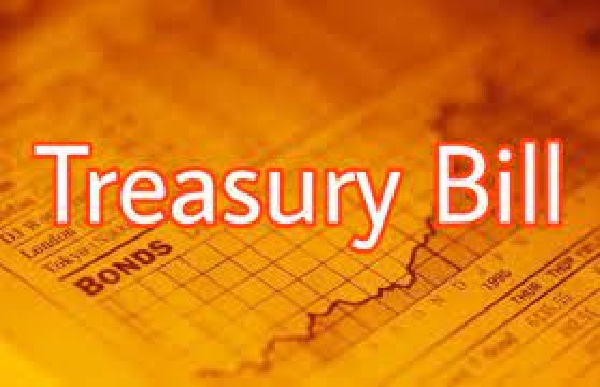
Beware of high T-bill rates
Interest rates on the short-term treasury market are ticking up again after the 91-day bills for instance, fell to 19 per cent in March this year.
Results of tender held on October 6, 2023 for government securities issued yesterday (October 9) indicated that interest on the 91-day treasury bill has increased to 29. 1 per cent, with that of the 182-day bill also increasing to 31.2 per cent.
The interest on the 364-day bill is now pegged at 33 per cent.
Interest rates on government short-term securities reached alarming rates in December 2022, with the 91-day rate hitting 35 per cent.
However, the rates started dropping in January, reaching an eight-year low of 19 per cent in March 2023.
The rates have, however, started rising again, increasing to 20 per cent, 22 per cent, 24 per cent and now 26 per cent, 27 per cent and now 29.1 per cent within a short period.
Currently, the international capital market is closed to the country and post-DDEP, the bond market has also been dormant, with little or no trades happening on the market.
This, therefore, leaves the country with no other option than to rely on the treasury bill market to raise short-term money to finance its expenditure.
The Graphic Business finds the development worrying in view of the impact it will have on the country’s domestic debt size.
Many are those who are worried that the phenomenon could also lead to another haircut if the government finds it unable to service the maturing coupons on time.
Economic analysts have also cautioned that the new trend was a threat to the country’s debt sustainability efforts as it defeats the purpose of the debt restructuring programme which aims to reduce the coupon rates and start a new yield curve.
However, at a recent joint press conference in Accra, the IMF indicated there were no concerns on the cost at which the government was financing itself on the T-bill market.
The fund pointed out that cost was consistent with what was anticipated under the programme and in line with expectations when it was designing the programme and making the projections that underpin the debt sustainability analysis.
It said this was because inflation was still above 40 per cent and the policy rate is also around 30 per cent so there is no surprise that treasury bill rates is at where it is.
It is ,therefore, clear that for the T-bill rates to drop, inflation and the policy rate would have to decline.
Much as the paper agrees with the fund, we wish to join the experts in urging the government to put in place right measures to ensure that inflation continues to trend downwards to enable the monetary policy committee also take decisions that will bring the policy rate down.
Although the current T-bill rates may not pose an immediate threat to debt sustainability, the paper is of the view that if this is not corrected in the short-term, it may later impact the country negatively as the government cannot continue to borrow at such a high rate at a time when it is unable to fulfil its debt obligations.
The high T-bill rates could impede the government’s agenda to prolong the yield curve and bring down borrowing costs in the long run.
The Graphic Business also believes the government must be prudent in its expenditure and try as much as possible to live within its means in order to reduce the reliance on the T-bill market.
With the international capital market still closed, the government cannot continue to spend the same way and end up borrowing from the short-term market.
We believe that if the government would have to rely on the short-term market, it should be for critical expenditures only.
It is imperative to note that borrowing can no longer be the norm because that is what got us here in the first place. If for now, we are enjoying some breathing space following the implementation of the domestic debt exchange programme, we don’t have to exacerbate the situation by relying too much of the T-bill market.
 Click the link to read your copy.
Click the link to read your copy.